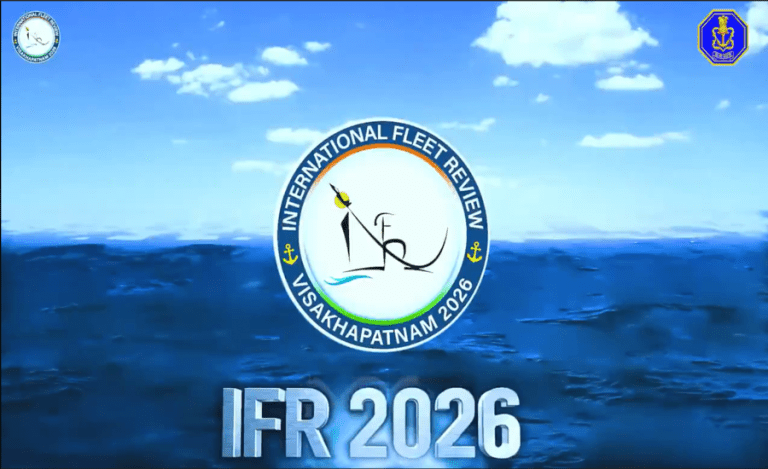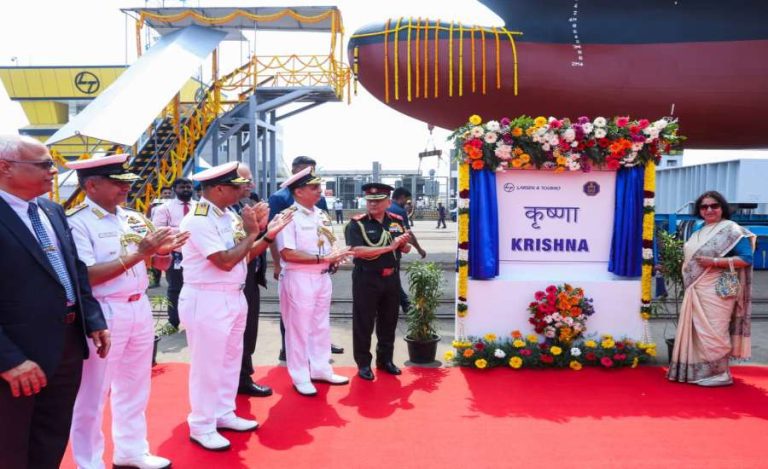New Delhi: In a significant policy shift, India is reportedly planning to cancel its ₹36,000 crore follow-on order with France for three additional Scorpene submarines.
Instead, the Indian government is considering selecting Germany’s Thyssenkrupp Marine Systems as part of a new partnership. Thyssenkrupp is working with Mazagon Dock Shipbuilders Limited (MDL) to build six next-generation submarines under the Indian Navy’s Project 75I.
This potential German partnership would represent a substantial investment of ₹70,000 crore, reflecting a strategic shift in India’s naval procurement and defense cooperation approach.
India Naval Strategy 2025: Strategic Implications for Indo-Pacific Maritime Security
This move aligns with India’s broader strategy to enhance its maritime capabilities in the Indo-Pacific region.
Read also: UPSC Strategy & Mindset Tips from IDES Officer Saquib Alam | Video Interview
The Indo-Pacific has become a focal point for global maritime security, with increased naval activities and strategic partnerships among regional powers.
India’s decision to partner with Germany underscores its commitment to strengthening its naval forces and ensuring a free, open, and inclusive Indo-Pacific.
India Naval Strategy 2025: Enhancing Indigenous Capabilities and Self-Reliance
The shift towards German submarines also aligns with India’s ‘Aatmanirbhar Bharat’ (self-reliant India) initiative. By collaborating with Thyssenkrupp and MDL, India aims to bolster its indigenous defense manufacturing capabilities, reduce dependence on foreign suppliers, and enhance technology transfer. This move is expected to contribute significantly to the modernization of the Indian Navy and its operational readiness.
India Naval Strategy 2025: Strengthening Global Defense Partnerships
India’s evolving naval strategy is also reflected in its growing defense partnerships with other nations. Recent agreements with Australia to boost submarine rescue and defense industry cooperation highlight India’s commitment to strengthening regional security ties. These partnerships are crucial as India seeks to counterbalance China’s expanding influence in the Indo-Pacific.




























